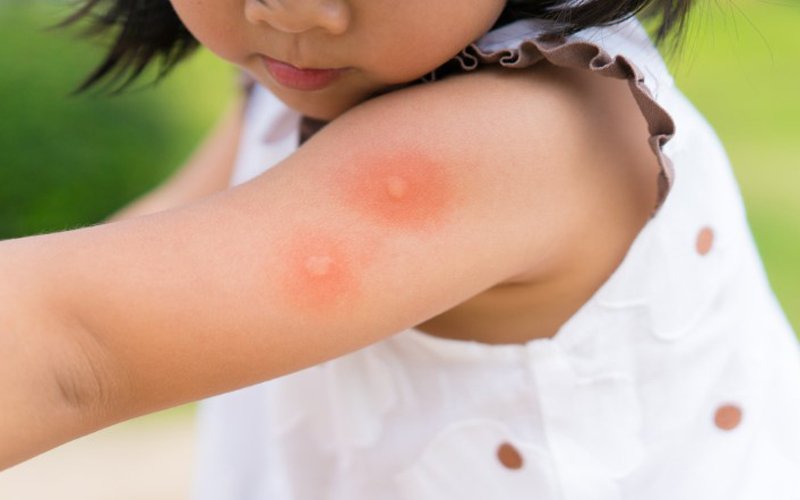As people around the world begin to adapt to the new normal that is life after Covid-19, efforts to contain other diseases had to, unfortunately, take a backseat.
In Malaysia alone, a total of 1,361 dengue cases have been reported, bringing the cumulative number of reported cases to 75,804 as of September this year.
One dengue death was reported in September with a cumulative figure of 124 deaths in 2020.
These statistics were shared during the recent launch of MamyPoko Extra Dry Protect, which is actually the world’s first anti-mosquito diaper.
Using lemongrass extract in microcapsules, these new diapers have the ability to repel mosquitoes – which would definitely come in handy for parents who are living around dengue hotspots or those who stay near construction sites.
However, simple preventative measures can actually go a long way when it comes to keeping the family and children dengue-free.
Speaking to FMT, consultant paediatrician Dr Rakhee Yadav, who was present at the launch said, “Parents should take extra precautions when taking their children to the parks and playgrounds or for morning walks, as dawn and dusk are usually the times when Aedes mosquitoes are active.”
Dr Yadav also shared some helpful information on dengue and tips for parents to better protect their young.
How does dengue spread?
Dengue is a mosquito-borne viral illness, which means it is spread by mosquitoes. Countries like Malaysia are a hotspot due to the climate and cases peak during the monsoon season (from October to February).
Dengue does not spread from person to person but through the female Aedes mosquito, which breeds in stagnant waters in most housing areas.
It takes a small amount of water – the size of a 50 sen coin – to breed these mosquitoes in just a few hours.
Empty pots, containers, old tires, unused rubbish bins, neglected ponds and even water tanks can be breeding grounds. A lack of reliable sanitation and regular garbage collection also contribute to the spread of mosquitoes.
An infected person who is bitten by a mosquito can subsequently infect others through that mosquito within 12 days of being bitten.
What are the symptoms of dengue fever?
Dengue fever can vary from mild to severe forms like Dengue Shock Syndrome and Dengue Hemorrhagic Fever.
These severe forms of Dengue are potentially lethal and can be very difficult to treat.
In mild cases, some children present with just a slight fever but in some, there are no symptoms at all.
However, some children can become more symptomatic and contract fever, body aches, nausea or vomiting, abdominal pain, poor feeding and occasionally cough and runny nose.
There are also instances where children experience bleeding gums, bruises or even rashes.
These can be very nonspecific symptoms that can be difficult to diagnose, especially in younger children who are unable to voice out their aches and pains.
Once infected, a child goes through three phases of dengue fever.
Symptoms can present themselves within two to ten days after being bitten by a mosquito and can last between three to seven days.
This first phase is known as the febrile phase. When the fever settles, patients subsequently enter the second phase called the defervescence or critical phase for another 24 to 72 hours.
They finally go into the third phase known as the recovery phase, where the fever has settled and some children may develop an itchy red rash all over the body. This is not a permanent rash and will resolve on its own within a week.
Each of these phases and days of illness can present differently in every child.
Hence, it is important to provide the best history to your doctor so your child’s illness can be anticipated and recognition of red flags are dealt with promptly and appropriately.
How can the risk of contracting dengue be minimised?
Here are some of the precautions parents can take:
- When going outdoors, wear long sleeves and pants, use mosquito repellent (spray, lotion or even patches containing 20%-30% diethyltoluamide, or DEET, and reapply if necessary) and avoid areas with lots of mosquitoes.
- Another important aspect is to keep the house and surrounding areas clean and avoid things that may accumulate water, like empty containers.
- Fogging is another method the health ministry will arrange in red zone areas or an area where a case has been identified.

